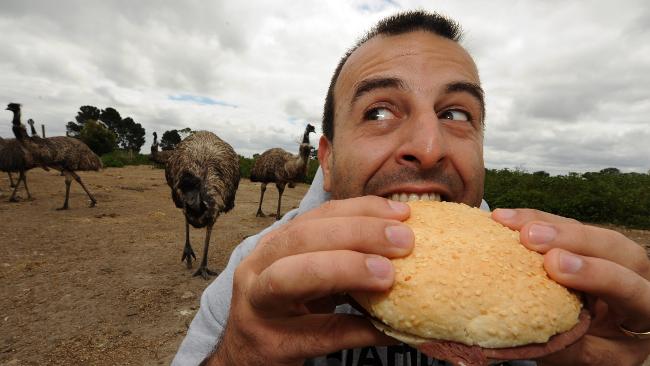A new study on African bats provides a vital clue for unravelling the mysteries in Australia's battle with the deadly Hendra virus.
The study focused on an isolated colony of straw-coloured fruit bats on islands off the west coast of central Africa. By capturing the bats and collecting blood samples, scientists discovered these animals have antibodies that can neutralise deadly viruses known in Australia and Asia.
The paper was published 12 January, in the journal PLoS ONE, and is a collaboration of the Department of Veterinary Medicine at the University of Cambridge, the Zoological Society of London and the CSIRO Australian Animal Health Laboratory.
Hendra virus in Australia and Nipah virus in Asia are carried by fruit bats and sporadically "spill over" into people with tragic consequences. The findings of the new study are significant as they yield valuable insights for our understanding of how these viruses persist in bat populations.
Cambridge PhD student Alison Peel explains, "Hendra and Nipah viruses cause fatal infections in humans, but we currently understand very little about how the viruses are transmitted from bats to other animals or people. To understand what the risk factors for these 'spill-overs' are, it is crucial to understand how viruses are maintained in bat populations. The ability to study these viruses within an isolated bat colony has given us new insight into these processes."
It was previously believed that these viruses were maintained in large interconnected populations of bats, so that if the virus dies out in one colony, it would be reintroduced when bats from different colonies interact. The new study indicates that a closely related virus is able to persist in a very small and isolated population of bats. This is the first time this has been documented in a natural wild population, casting doubt on current theories.
Peel added, "Although Hendra and Nipah viruses are relatively new to science, it appears that bats have lived and evolved with them over a very long time. We hope that by gaining a better understanding of this relationship, we may then be able to understand why it is only within the last 20 years that spill-over to humans has occurred."













